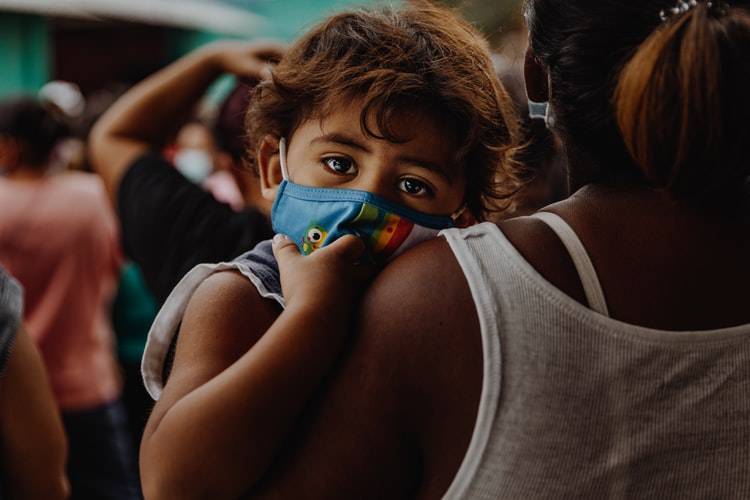The COVID-19 pandemic has imposed a state of isolation on the entire world for a considerable period, especially affecting children and adolescents after schools were closed and remote learning became the norm, exposing children to the risks of misuse and addiction to the internet. Sahr El-Sunbati, Secretary-General of the National Council for Childhood and Motherhood, stated that Egypt has launched several campaigns aimed at curbing internet misuse, notably the "Amani Dot Com" campaign in partnership with the European Union and UNICEF in Egypt.
El-Sunbati emphasized in her interview with "Sky News Arabia" that the campaign has taken on new dimensions due to the ongoing pandemic and the increased reliance on the internet for both education and entertainment. She pointed out that awareness campaigns are important but require the concerted efforts of all parties involved, such as families and communities, to address this phenomenon.
According to UNICEF statistics, more than 175,000 children use the internet for the first time every day, approximately one new child every half a second. The child-focused organization has warned that while the internet offers numerous opportunities and benefits, especially with the use of digital platforms for educational content, it also exposes children to a range of risks and harms, including exposure to hate speech and bullying.
#### Internet Risks
Abdel Fattah Darwish, a psychology professor at the University of Menoufia and a psychological consultant, stated that the negative effects of excessive and improper internet use by children include access to harmful digital content, cyberbullying, sexual exploitation, and misuse of children's personal information.
He added in his conversation with "Sky News Arabia" that there is a rise in cybercrime with the increasing number of internet users in Egypt, which has made it easier for website hackers to obtain personal information and exploit it for fraudulent activities. The psychological consultant noted that fraudsters can commit criminal acts through websites without fear of any oversight, especially in the absence of sufficient legislation criminalizing such practices with deterrent penalties.
Regarding the risks of internet addiction, especially with video games, Darwish explained that some games are designed to lead children to a state of addiction, which can psychologically devastate them without their awareness, as well as significantly waste their time. He highlighted a serious danger threatening children addicted to the internet: the possibility of being subjected to sexual and financial extortion through the dissemination of inappropriate materials directed at them, which are easily accessible to teenagers, potentially affecting their morals.
#### Safe Internet
El-Sunbati mentioned that the child protection campaigns aim to increase awareness among children, parents, and caregivers regarding the dangers of the internet. She added that the campaigns of the National Council for Childhood and Motherhood include specific measures to safeguard children and youth from new threats they may encounter online, such as exposure to harmful content or abuse.
She pointed out that there are reporting mechanisms for these crimes, including the Child Helpline 16000 or the official page of the National Council for Childhood and Motherhood, which responds promptly to received complaints. The childhood leader recommends following several important rules for children's and adolescents' interactions with the internet, such as understanding the purpose of using the internet and new technological devices as part of life, not all of it.
#### Family Rules
El-Sunbati explained that families should establish rules for managing the time spent using electronic devices and accessing the internet, raising children's awareness that not everything they see online is real, and encouraging them to talk and ask questions about anything that confuses them while browsing websites.
Another essential factor in protecting children from the internet, according to the Egyptian official, is to inform them of the concept of personal space represented by account data and passwords and not to accept virtual friendships from unknown individuals. In cases of exposure to violence or bullying, children should be encouraged to inform their parents first and then the relevant authorities if necessary.
She indicated that parents have a significant role in observing any symptoms that manifest in their children due to excessive and improper internet use. These symptoms, according to El-Sunbati, include changes in personal interactions with family members, retreating into isolation, or experiencing neurological disorders, loss of appetite, or overeating leading to obesity. In such cases, the family should intervene and rescue the child through various means.
#### Awareness Campaigns
El-Sunbati confirmed that the "Amani Dot Com" campaign in collaboration with UNICEF focuses on raising awareness about the dangers of video games and social media for children in Egypt. She added that there are 12 million children using social media out of 50 million internet users, with the first phase of the awareness campaign being conducted through Facebook, Twitter, and Instagram.




